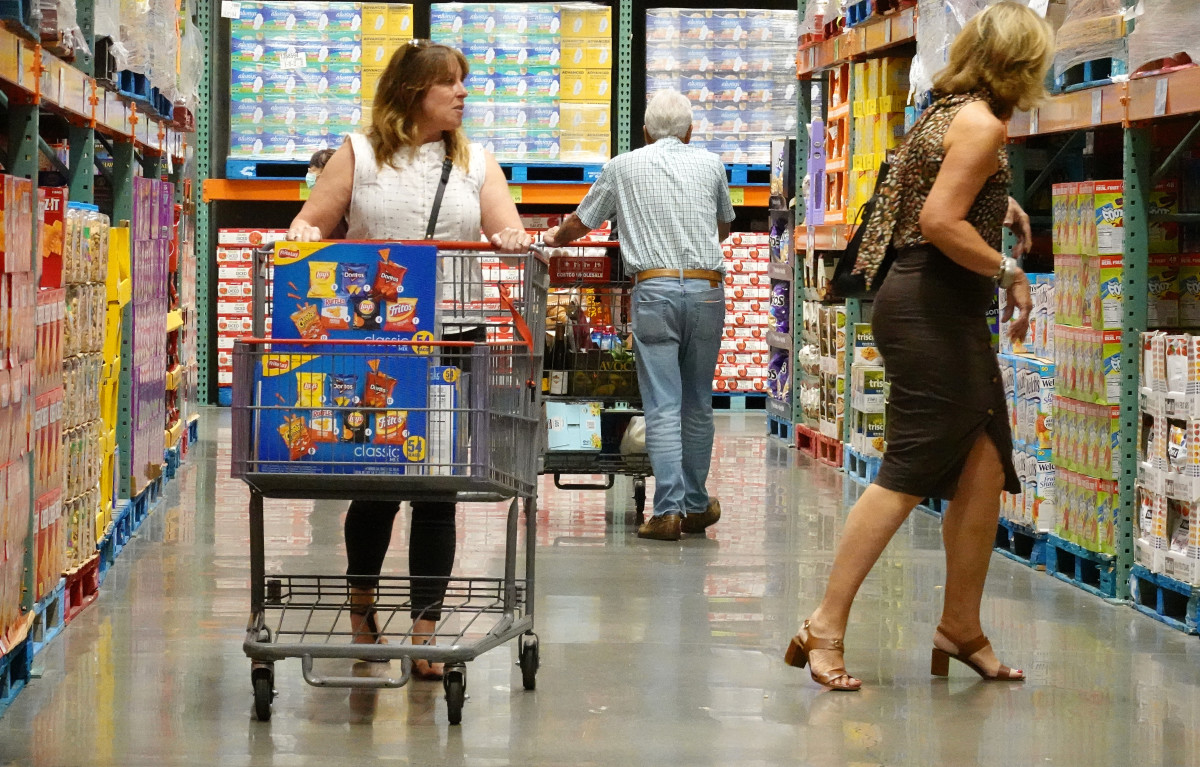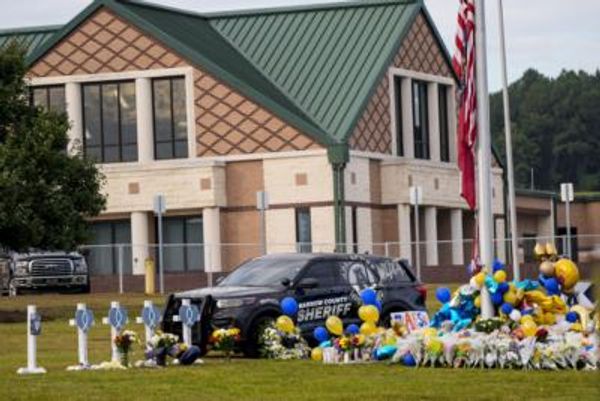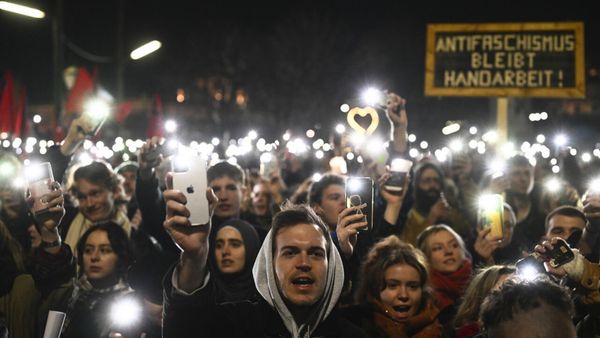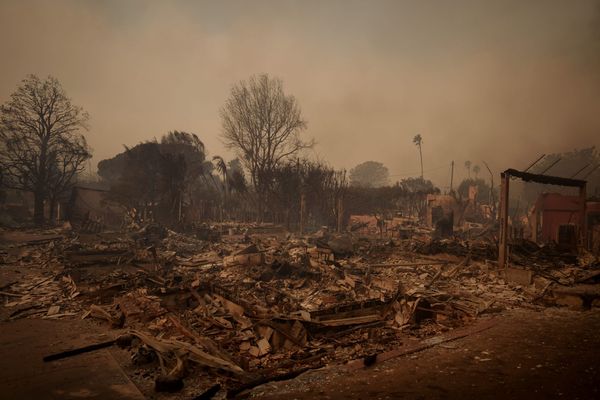
Throughout 2023, U.S. consumers grappled with a host of economic uncertainties, including but not limited to stubborn inflation, high interest rates, and market volatility. Despite this challenging landscape, consumers felt encouraged by the resilient job market and increased wages, which drove continued spending and reliance on credit. Dana Peterson, chief economist at The Conference Board joined TheStreet to discuss how the U.S. consumer fared in 2023.
Full Video Transcript Below:
J.D. DURKIN: Over the past year, the U.S. consumer has dealt with persistent inflation, high interest rates, overall market volatility and a bit of uncertainty as well. Given all of these factors, Dana, how would you rate consumer confidence in 2023?
DANA PETERSON: So our consumer confidence for much of 2023 was sliding. Indeed, consumers continued to complain about elevated food and energy prices and then later higher interest rates, especially when it went to buy those big ticket items like homes and cars. But nonetheless, they continue to spend. And a lot of that was because they continued to have an optimistic look in terms of employment. Many of them saw wages increase and many of them continued to work.
J.D. DURKIN: I mean, is it difficult to square what we hear from consumers? We read consumer sentiment surveys, we listen to polls, and we know that the consumer overall in broad strokes does not necessarily feel great about economic conditions. And yet, as you said, those same consumers continue to turn around and continue to spend. Can you kind of square that or is it a bit easier for you than maybe it looks to those of us on the outside?
DANA PETERSON: Sure, I think one way to square that circle is the fact that consumers this year were mostly concerned about the future, but they kept saying that the present situation was OK. So they were saying in the future, yes, we expect there to be a recession. Yes, we expect there to be fewer jobs and our personal finances are not going to be as robust. But right now, I'm doing all right. I have a job. I did. I switched jobs. I quit. I found a new job. It's paying me more. I also have some of that money left over from the stimulus checks. And so and I also still want to go on vacation. So I'm going to continue to spend. And when I run out of cash, I'm going to use credit cards. And we've seen credit card use really spike. And so that's really what's fueling consumer spending. But we think that's going to run out of steam very shortly.







